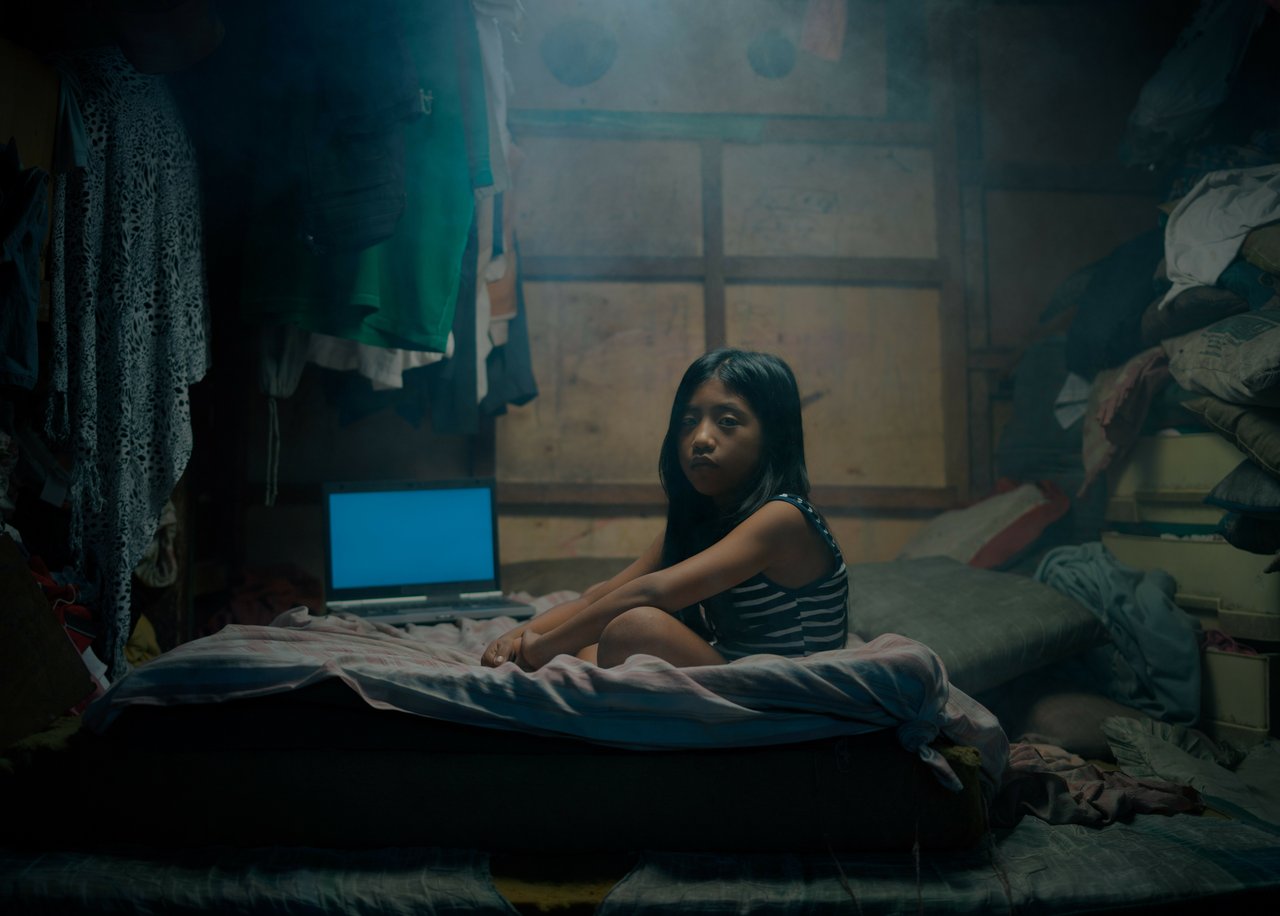Strengthening Prevention & Response to Canadian Online Sexual Abuse of Filipino Children
Summary:

A joint statement by International Justice Mission Canada and co-chairs MP John McKay, MP Andréanne Larouche, MP Arnold Viersen and Senator Julie Miville-Dechêne of the All-Party Parliamentary Group to End Modern Slavery and Human Trafficking (APPG), calling for immediate action and intervention to stop the livestreamed sexual abuse of Filipino children by Canada-based offenders.
The Scale of Harm study by International Justice Mission, in partnership with the UK’s Nottingham Rights Lab and survivors of online sexual exploitation in the Philippines, estimated that in 2022 alone, nearly half a million Filipino children – or 1 in 100 – were trafficked to produce new child sexual exploitation material. Based on IJM’s experience supporting over 390 Philippine-led police operations, the livestreamed abuse usually includes hands-on sexual abuse. The demand for this exploitation comes predominately from western countries.
According to the Philippine Anti Money Laundering Council, since 2015 Canada has consistently ranked 4th following the U.S., U.K., and Australia in international payments sent to the Philippines that were flagged for online sexual exploitation of children. Even though Canada is ranked fourth, offenders in Canada are producing and consuming this abuse at the same rate as other nations.
Livestreaming offenders are not only abusing children on the other side of the globe with limited accountability, but they are also more likely to be perpetrators of sexual abuses against children in their country. A recent study by Childlight found that, “Men in Australia, UK and USA who report online sexual offending behaviours against children also report being 2-3 times more likely to seek sexual contact with children between the ages of 10-12 years old if they were certain no one would find out.”(1) On par with this, the Australian Institute of Criminology found that livestreaming offenders sometimes travel to offend against children in person because directing the livestreamed abuse of a child is psychologically on par with abusing a child in person.(2)
IJM applauds the Canadian government's efforts to hold abusers accountable for their crimes. One example is Philip Chicoine of Saskatoon, who received a 15-year sentence, thanks to the work of the Royal Canadian Mounted Police (RCMP) and a Crown prosecutor. Additionally, the RCMP’s referral to Philippine law enforcement helped facilitate the successful prosecution of local traffickers, along with the safeguarding of nine children under 9 years old.
Unfortunately, far too often the system fails the children involved. Recently, the case against Winnipeg man Marshall Ruskin was stalled due to legal and technological barriers accessing evidence on Ruskin's devices, despite a warrant to do so. After allegedly purchasing “heinous child sexual abuse videos” and allegedly paying to watch the sexual abuse of children in the Philippines through the video-conferencing service Skype, there are still no public charges in Canada against him.
Based on IJM’s work in the Philippines and the evidence outline in the Scale of Harm report, there is more action that can be taken by the Canadian government and other actors such as financial institutions, to effectively and sustainably decrease the occurrence of this growing global crime and protect children across the globe from Canadian offenders.
IJM Canada and the co-chairs of the APPG urge the government of Canada to:
1) Develop and pass legislation in consultation with survivors, law enforcement, and child protection organizations in line with the UK Online Safety Act of 2023 and Australia's Online Safety Act of 2021 that focuses on building platforms safe by design and preventing child sexual abuse online, including in livestreaming.
2) Strengthen Canadian law enforcement access to evidence of child sexual abuse found on offender devices during investigations to quickly identify both traffickers and demand-side offenders and align property and device search laws to give law enforcement the tools needed to protect children from this type of abuse.
3) Work with Royal Canadian Mounted Police HQ and relevant liaisons to determine gaps and opportunities for improvements in accessing and disseminating queries related to financial intelligence.
4) Increase existing Canadian resourcing for the Philippines Internet Crimes Against Children Center (PICACC), such as increased operational personnel from RCMP stationed in Manila and augmented budgetary provisions for operations.
5) Conduct additional internal research to improve understanding of system gaps and opportunities for strengthening legislation including examining the current amount of funding allocated to the PICACC and auditing the Canadian sex offender registry against border exit/entry stamps to understand the potential level of contact offending amongst existing convicted sex offenders.
IJM and the co-chairs of the APPG believe that the time to act is now. The Canadian government, civil society, and NGOs must collaborate to strengthen the law, protect children, and hold offenders accountable. We know the scale of this crime. We have the tools to stop it. Let's work together to end online sexual exploitation of children.
References:
(1) Childlight (2023) THE NATURE OF ONLINE OFFENDING AGAINST CHILDREN: REPRESENTATIVE DATA FROM AUSTRALIA, UK AND THE USA.
The nature of online offending against children: Population-based data from Australia, UK and the USA | Childlight
(2) Australian Institute of Criminology (2021) The overlap between child sexual abuse live streaming, contact abuse and other forms of child
exploitation. The overlap between child sexual abuse live streaming, contact abuse and other forms of child exploitation (aic.gov.au)
###
For media inquiries and interview requests, please contact:
Bob Neufeld, bneufeld@ijm.ca, +1 905-441-2640
Lorianne Dueck, ldueck@ijm.ca, +1 343-262-9040